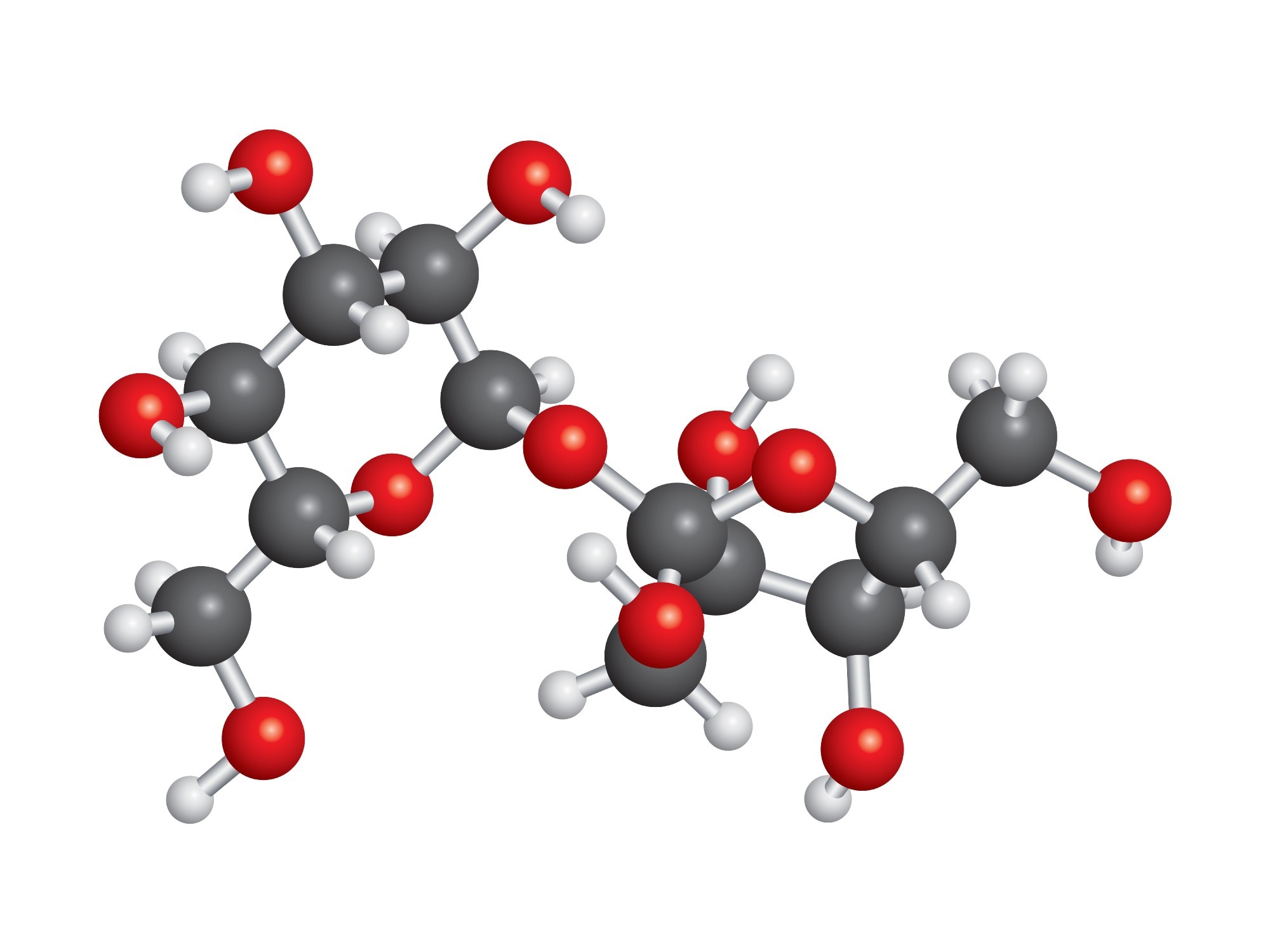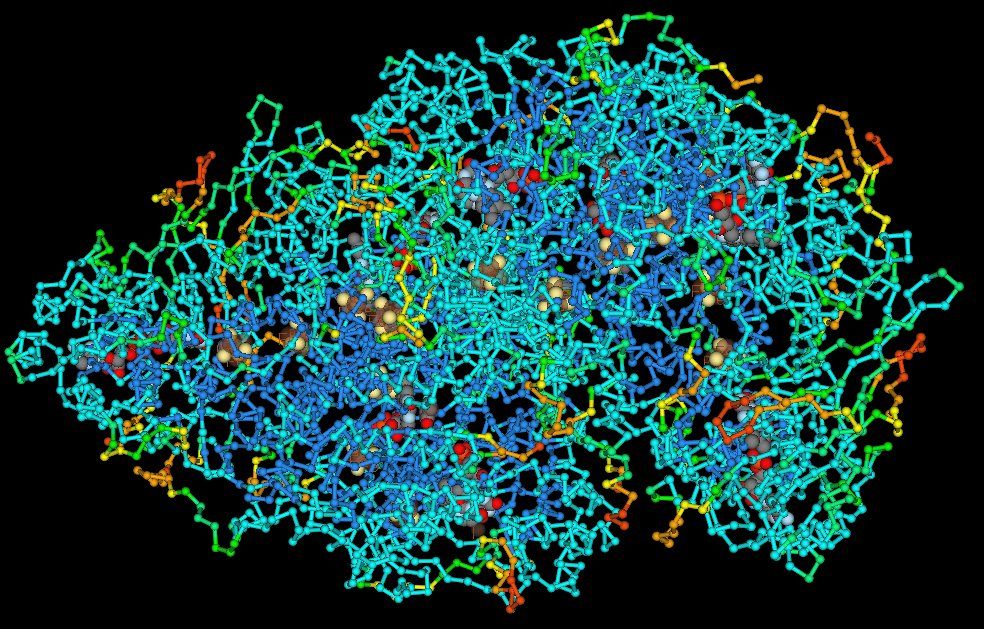Polymers in Health Care: Improving Medical Gadgets and Treatments
Polymers in Health Care: Improving Medical Gadgets and Treatments
Blog Article
Discovering the Varied Applications and Benefits of Polymers in Different Industries
Polymers, with their varied range of residential properties and performances, have actually ended up being crucial in different industries, each gaining distinct advantages from their application. From improving safety and security and performance in the automotive market to transforming clinical devices in the medical care market, polymers play a pivotal function.
Automotive Sector Applications
Polymers play a pivotal function in improving the performance and sturdiness of numerous elements within the automobile market. These flexible materials are extensively made use of in the production of various parts, varying from interior parts to under-the-hood applications. One famous use of polymers in the automotive industry is in the manufacturing of light-weight elements. By replacing standard metal components with polymer-based alternatives, automobiles can attain improved fuel effectiveness without endangering on toughness or safety.

Health Care Market Benefits
In numerous medical care applications, the benefits of making use of polymers are extensively identified for their varied range of advantageous residential or commercial properties. Polymers play an important function in the health care market as a result of their convenience, biocompatibility, and cost-effectiveness. Among the primary advantages of polymers in health care is their ability to be tailored to details requirements, such as versatility, durability, and biodegradability, making them suitable for a wide range of medical applications.
Polymer-based materials are extensively utilized in medical tools, such as catheters, implants, prosthetics, and medicine delivery systems, as a result of their biocompatibility and capability to resemble natural tissues. These products can reduce the threat of allergic reactions or denials, boosting individual security and outcomes. In addition, polymers are light-weight, making them appropriate for wearable medical tools and ensuring person comfort.
In addition, polymers allow the growth of ingenious therapy techniques, such as hydrogels for tissue engineering and nanocomposites for targeted medicine distribution. Their simplicity of handling and sterilization makes them crucial for preserving high criteria of hygiene in health click here for more care setups. In general, the varied advantages of polymers contribute dramatically to developments in clinical modern technology and client treatment.
Environmental Benefits of Polymers

Furthermore, polymers can add to energy cost savings because of their light-weight nature. In sectors such as transport, moved here light-weight polymer products can help reduce fuel consumption and greenhouse gas emissions. Furthermore, polymers can allow the advancement of energy-efficient items such as insulation products that enhance energy conservation in buildings.
Additionally, polymers play a critical role in decreasing water air pollution. The usage of polymer-based filtration systems can effectively remove toxins and contaminants from wastewater, safeguarding water sources and ecological communities. On the whole, the ecological benefits of polymers make them important assets in advertising sustainability and eco-friendly techniques throughout various industries.
Polymers in Electronic Devices and Innovation
Thinking about the increasing need for ingenious and lasting services in modern industries, the integration of innovative polymer modern technologies in the world of electronic devices and innovation has become a pivotal strategy for driving performance and efficiency. Polymers have revolutionized the electronic devices sector by allowing the production of lighter, more adaptable, and resilient electronic tools. From smartphones to clinical gadgets, polymers play a vital role in enhancing product style and performance.
One significant benefit of polymers in electronic devices is their insulating properties, which aid secure fragile electronic elements from environmental factors and electric interference. Additionally, polymers are vital in the growth of versatile displays, wearable technology, and published electronics, supplying limitless opportunities for creating wise and interconnected tools.
Additionally, making use of polymers in digital packaging has caused advancements in miniaturization and thermal administration, enhancing the total performance and reliability of electronic systems. As technology continues to progress, the versatility and adaptability of polymers will definitely drive better innovation in the electronics industry, shaping the future of innovation.
Function of Polymers in Building and Facilities
Polymers offer countless advantages in the building and construction market due to their versatility, resilience, and cost-effectiveness. One essential role of polymers in building and construction is their use in coverings and sealers, offering defense against environmental elements such as moisture, UV radiation, and rust.
Moreover, polymers play a crucial duty in sustainable building methods by enabling the growth of energy-efficient structures. Protecting materials made from polymers aid manage interior temperatures, lowering the demand for heating and cooling systems and inevitably reducing power usage. The use of polymer-based compounds in infrastructure jobs such as bridges and roadways enhances their durability and reduces maintenance prices. In general, the unification of polymers in construction and infrastructure showcases their substantial effect on contemporary design techniques.
Conclusion
In final thought, polymers play a vital role in different Read Full Article markets such as automobile, healthcare, environmental, electronics, and construction. Their functional properties make them useful in developing cutting-edge options and items. From enhancing gas performance in cars to boosting clinical devices, polymers provide many benefits. Additionally, their influence on reducing waste and promoting sustainability highlights their importance in modern-day applications. The prevalent usage of polymers demonstrates their considerable payment to progressing innovation and enhancing quality of life.
Report this page